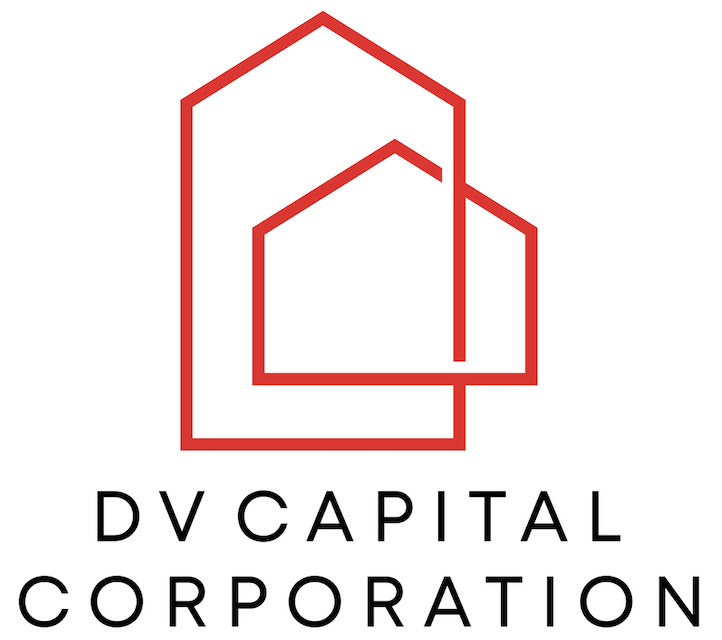Mortgages: To Renew or Not to Renew?

Introduction.
With a general decline in home sale activity and home values in select real estate markets amidst inflation and increases in the overall cost of living, homeowners face another layer of pressure – elevated mortgage renewal rates. Anecdotally, those with alternative bank ‘B’ mortgages and non-bank ‘Private’ mortgages face the most struggle.
Alternative 'B' Lender Renewals.


Private Mortgage Renewals.
Private mortgages, a short-term financing product typically provided for 12 months with the option to renew or extend, have additional moving parts. Depending on the source of private mortgage funds, some lenders draw money from a Line of Credit and extend these funds to homeowners in the form of a mortgage. At the beginning of 2022, when Prime was 2.45%, it was possible to obtain a private mortgage in the 6.99% range – note that fixed rate mortgages are most common. Today, with Prime sitting at 6.70%, it is no longer feasible for most private lenders to be pricing loans at 6.99%. In fact, should that very same lender wish to maintain a 3.54% spread (assuming they charged 6.99% from a LOC at Prime 2.45% + 1.00%), the same private lender would be increasing the rate they are charging the homeowner to 11.24% from 6.99%. On a $500,000 mortgage, this is an additional $1,770 a month in interest. Surely, there are lenders prepared to take less of a spread to keep their money active in private mortgages, however in other cases, private lenders may decide to issue notices of non-renewal and are asking homeowners to replace their mortgage entirely – again, depending on the property value and the ‘equity’ there are mortgages that are actually ‘un-refinance-able’ – this poses a greater issue that both parties will face together.
In Summary:
In either case, it is prudent for homeowners to consult a licensed and independent mortgage professional to review potential options, advisably months prior to their mortgage maturity date.




